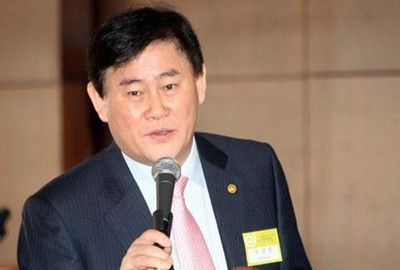Taxing corporate cash

Mr Choi's scheme, submitted to South Korea's parliament this week, will tax companies' cash piles on the grounds that corporate stinginess is holding the country back. Cash reserves at South Korea's ten biggest chaebol, or conglomerates, have doubled in five years. Together, the country's non-financial firms hold over 450 trillion won. Though corporate earnings trebled between 2000 and 2012, household income in Korea barely doubled. The pace of salary growth has dropped, from 4.4% a year between 2001 and 2005 to just 0.3% a year since 2011.











